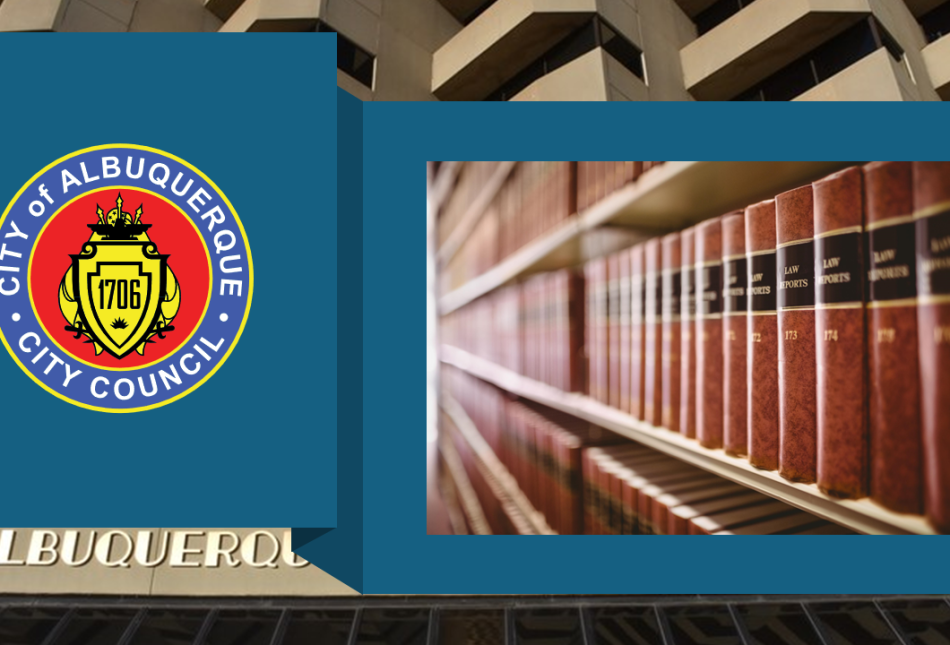City of Albuquerque ballot measures: what’s the point?

For City of Albuquerque voters there are two ballot measures that, if adopted, would change the City of Albuquerque’s charter. While there are numerous serious challenges facing the City of Albuquerque (and we’re not supporting or opposing these specific proposals) we find the dedication of time and energy to these relatively trivial matters in a time of crisis to be a head-scratcher. The following information is taken from the League of Women Voters’ breakdown of the two charter amendements:
- Shall the City of Albuquerque Charter be amended to modify the procedures to appoint city administrative officers and appoint and remove the Chief of Police and Fire Chief?
The proposed amendment would require the mayor to reappoint, and the council to approve all city administrative officers, the Chief of Police and the Fire chief at the beginning of each new term. It limits the time city administrative officers may serve without council approval. It would also allow the council to terminate employment agreements of the Chief of
Police and the Fire Chief with a two-thirds plus one of the membership of the council (that means seven councilors).
Notably, as the LWV points out CURRENTLY “Council may terminate the police or fire chief at any time within the terms of the employment contract without giving a reason by a vote of seven councilors.”
Our Analysis: We agree with critics who believe Police Chief Harold Medina is doing a poor job and we’d like to see him replaced. This amendment does nothing of significance to increase accountability.
2. Shall the City of Albuquerque Charter be amended to modify the procedures for determination of separation of powers issues under the city charter?
Our analysis: Talk about opaque and unclear! This ballot language says absolutely nothing of substance about the actual proposal.
To understand what is going on, we check with the LWV. The current charter establishes a committee of three with one appointment by the mayor, one by the council, and a third member chosen by the two appointees. If either the mayor or the council fails to make an appointment, as has happened in the past, then the negotiation process is stalled. This amendment requires that these committee members by appointed within 60 days and effectively would allow either the mayor or the council to appoint all three committee members if one of the parties fails to make a committee appointment within the set time.
Our overall analysis: Tim Keller is not a good Mayor. He is soft on crime and his policies are generally ineffective. City Council is somewhat more reasonable, but they are unable to garner 6-vote majorities to push back against the Mayor in any coherent way. So, efforts to hold the Mayor accountable or impose policies preferred by the majority of City Council are often watered down to the point of irrelevancy. That seems to be the case with these amendments.
A brief article appeared in the Albuquerque Journal describing the potential changes.

